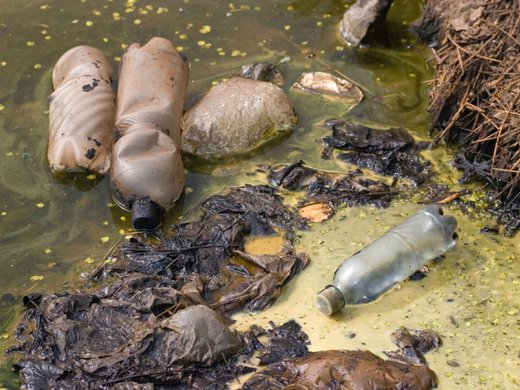Indigenous lands are under ever-increasing pressure from governments and extractive sector corporations that are eager to encourage economic development and foreign investment. Against a backdrop of colonialism and dominant societies' disregard for Indigenous peoples’ own laws, these lands have become the site of conflict and environmental degradation. When Indigenous communities find themselves dispossessed by the government's approach to extraction licensing, infrastructure development and the establishment of environmental processes and protections, trust can erode quickly.
In November 2018, Indigenous leaders, environmental activists, human rights lawyers, academics, advocates and extractive industry participants came together at a conference in Banff, Alberta to discuss the ongoing efforts to hold industry and government accountable for legacy environmental damage. The discussions provided an opportunity for Indigenous peoples’ own laws to be brought to the foreground in finding solutions to today’s most difficult environmental challenges — and provided inspiration for this essay series. Environmental Challenges on Indigenous Lands explores the complex conflicts between international, domestic and Indigenous law when it comes to addressing a global environmental crisis, supporting economic development and making steps toward meaningful reconciliation.
About the artist: Christi Belcourt is a Michif (Métis) visual artist with a deep respect for Mother Earth, and the traditions and knowledge of her people. In addition to her paintings she is also known as a community-based artist, environmentalist and advocate for the lands, waters and Indigenous peoples. She is currently a lead organizer for the Onaman Collective which focuses on resurgence of language- and land-based practices. She is also the lead coordinator for Walking With Our Sisters, a community-driven project that honours murdered or missing Indigenous women.
Environmental Challenges on Indigenous Lands
Oonagh E. Fitzgerald and Kathleen Mahoney
The Caribou Are Our Four-legged Cousins
Hannah Askew and Bud Napoleon
Saanich Law and the Trans Mountain Pipeline Expansion
Robert YELḰÁTŦE Clifford
The Imposed Hierarchy of Laws in Resource Development Decisions
Robert Hamilton
Wild Buffalo Recovery and Ecological Restoration of the Grasslands
James (Sa'ke'j) Youngblood Henderson
Wahkotowin, Corporate Separateness and Potential Futures for Indigenous Laws
Darcy Lindberg
What Indigenous Solutions Look Like
Kathleen Mahoney
International Human Rights Law and Canada's Consultation Dialogue
Aaron Marr Page
Aligning Canadian Impact Assessment Processes with the Principles of UNDRIP
Sharon Mascher
Indigenous-led Assessment Processes as a Way Forward
Sarah Morales
The Limits of Meaningful Aboriginal and Treaty Rights
Joshua Nichols
Canadian Corporations, Environmental Solutions and the Implementation of UNDRIP
Basil Ugochukwu


